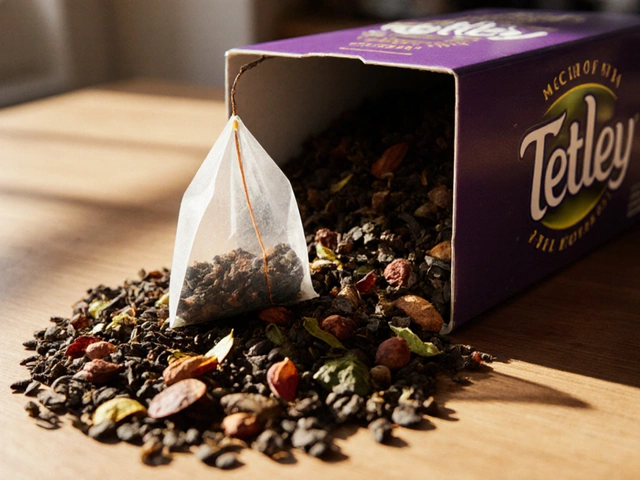Effects of Whiskey – What Happens When You Sip
Ever wondered what whiskey really does to you? It’s not just a warm feeling on a cold night. The drink can lift your mood, relax your muscles, and even tingle your taste buds. At the same time, too much can knock you out, mess with your sleep, and hurt your liver. Below we break down the real‑world effects so you can decide how to enjoy it responsibly.
Short‑Term Effects: The Immediate Buzz
When you take that first glass, alcohol quickly enters your bloodstream. Within minutes you’ll notice a lighter mood, a gentle buzz, and a relaxed jaw. Whiskey’s higher proof means the buzz can arrive faster than with beer or wine. You might also feel a warm flush as blood vessels widen, especially around the face and ears.
Your brain’s dopamine levels rise, which explains the feeling of happiness. At the same time, your reaction time and judgment slow down. This is why a single neat pour can make a conversation feel easier but also why driving is a big no‑no.
People often claim whiskey “opens up the senses.” The high‑quality grain and oak notes can sharpen your sense of taste for a short period. That’s why chefs sometimes offer a splash alongside a rich dish – it can highlight flavors.
Long‑Term Effects: Health Benefits and Risks
If you sip whiskey in moderation (one to two drinks a day for men, one for women), research shows a few upside points. The spirit contains antioxidants called ellagic acid, which can help neutralize free radicals. Some studies link moderate whiskey consumption to a modest reduction in heart disease risk, similar to the “French paradox” seen with red wine.
On the flip side, chronic heavy drinking raises serious concerns. Liver damage, high blood pressure, and an increased risk of certain cancers are well‑documented. Whiskey’s higher alcohol content means it can cause more liver strain per ounce compared to lower‑proof drinks.
Weight gain is another hidden effect. Whiskey has about 70 calories per ounce, and mixers add even more. If you’re not careful, those extra calories sneak up on you.
Sleep can also suffer. While a nightcap may help you fall asleep, alcohol disrupts REM cycles, leading to lighter, less restorative sleep. You might wake feeling groggy even after a full night’s rest.
One surprisingly positive long‑term effect is the potential for improved cognitive function when paired with a healthy lifestyle. A 2022 review found that moderate whiskey drinkers performed slightly better on memory tests than nondrinkers, likely due to increased blood flow. This isn’t a license to overindulge, but it shows balance matters.
Bottom line: Whiskey can be a pleasant, even beneficial addition to a balanced life, as long as you stay within moderate limits and avoid binge drinking. Pair it with a good meal, savor the flavors, and remember that the best buzz is one that doesn’t leave you paying the price the next day.
Next time you reach for a glass, think about what you want from it – relaxation, flavor, or a social boost. Knowing the effects helps you enjoy whiskey the smart way.






Categories